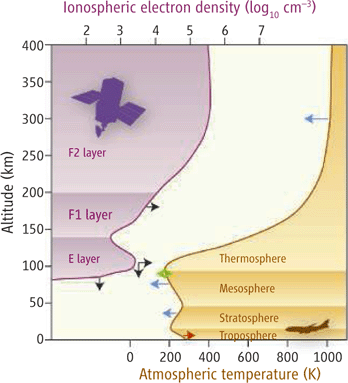The Fall AGU meeting in San Francisco is always an exhilarating/exhausting (take your pick) fixture of the Earth Science calendar. This year will be no different, and since about half of us will be there, RealClimate will probably be a little quiet next week. Hopefully, we should be able to report on any highlights when we get back.
N.B. If any readers will be attending and want to say hi, I will be giving a talk on ‘Science blogging: RealClimate.org and the Global Warming debate‘ on Friday (PA53A, 13:40, MCS 309).
Update: AGU went well – lot’s of good stuff. The actual RealClimate presentation is available here – it’s pretty basic though (only 15 minutes worth)).
